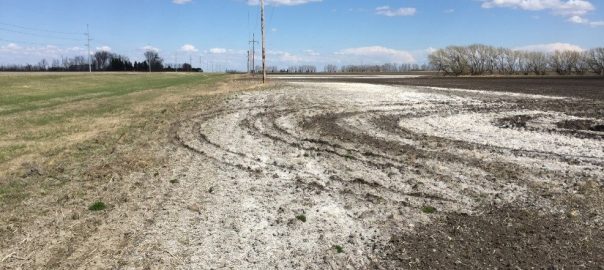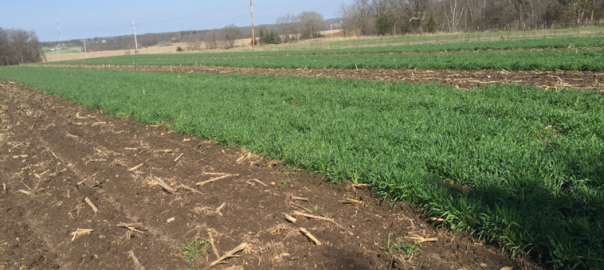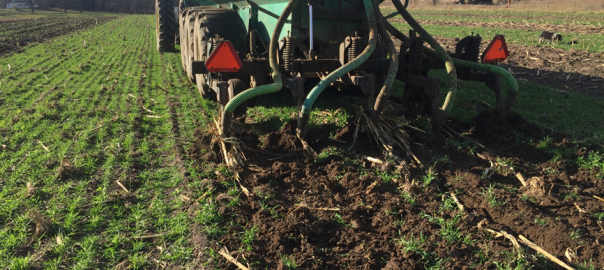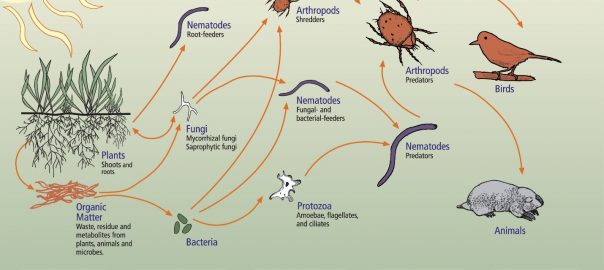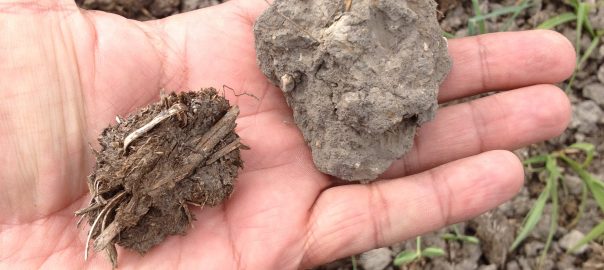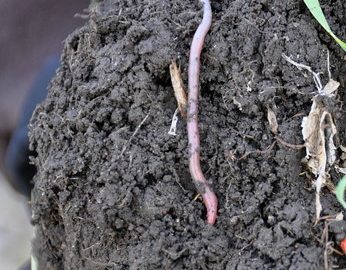Perennial Salt-Tolerant Covers for Saline-Sodic Headlands in NE North Dakota
Wet weather results in shallow groundwater depths and saturated soils, whereas, dry weather results in lower groundwater depths. Establishing a vegetative cover is the key to utilize excessive soil moisture, intercepting salt-carrying water before it will affect productive areas, reducing evaporation from the soil surface, adding organic material and increasing microbial activity. With time, these headlands might be planted with crops like wheat, canola and corn and soybean again.
Read More...